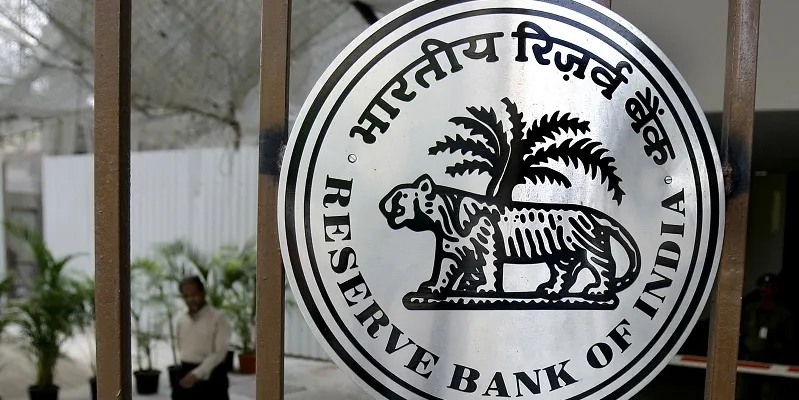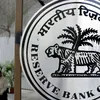RBI extends deadline for PPIs to become full KYC complaint
The RBI has extended the timeline for the conversion of minimum detail Prepaid Payment Instruments to KYC-compliant PPIs from 18 months to 24 months.
The Reserve Bank of India (RBI) on Friday extended the timeline for the conversion of minimum detail Prepaid Payment Instruments to KYC-compliant PPIs from 18 months to 24 months, a move welcomed by players in the segment.
The Payments Council of India (PCI) which represents the players in the payments and settlement systems has welcomed the move. The PPI industry processed more than four billion transactions in the year ending March 2019.

Image: AFP
"It is advised that the timeline for conversion of minimum detail PPIs to KYC compliant PPIs has been extended from 18 months to 24 months," the RBI said in a circular while making amendments to Master Direction on Issuance and Operation of PPIs.
The RBI, however, made it clear that there will be no further extension in the timeline.
Mahendra Nerurkar, Co-chair of the PPI committee at PCI and CEO, Amazon Pay, said with this extension the industry will have a true remote digital solution for KYC for PPIs.
"PPI plays a unique role as it allows cash customers to enter the digital economy through a convenient and trusted payment experience. This instrument cannot be replaced by alternate digital payment methods which are more conducive for digital native citizens," he said.
It is the extension of timeline for PPIs to convert minimum KYC to full Know Your Customer norms prescribed by the authorities. The deadline was expiring on August 31.
Commenting on the RBI's move, Paytm Payments Bank spokesperson said the RBI's decision will help PPIs to contribute meaningfully in promoting digital payments.
Earlier this month, RBI said that it has permitted startups, banks, and financial institutions to set up regulatory sandbox (RS) for live testing of innovative products in areas like retail payments, digital KYC, and wealth management.
RS usually refers to live testing of new products or services in a controlled/test regulatory environment for which regulators may (or may not) permit certain relaxations for the limited purpose of the testing.
(Edited by Dipti Nair)









